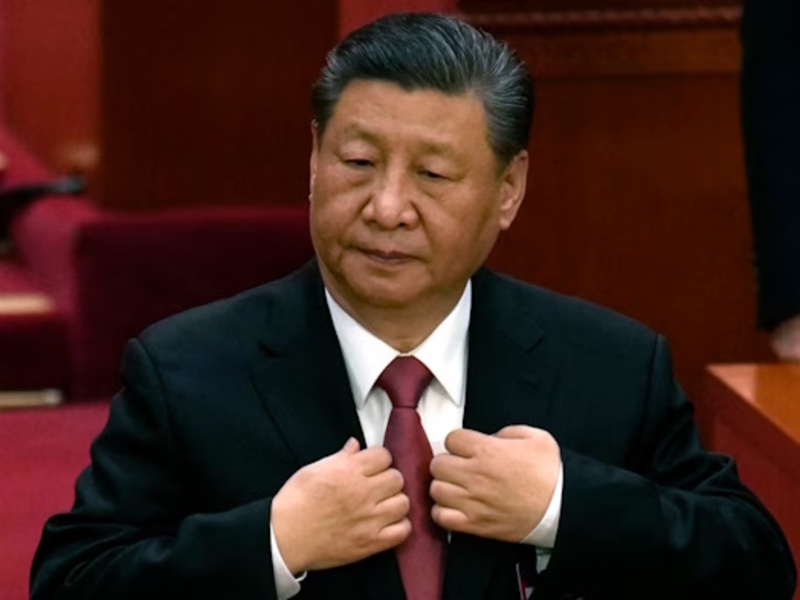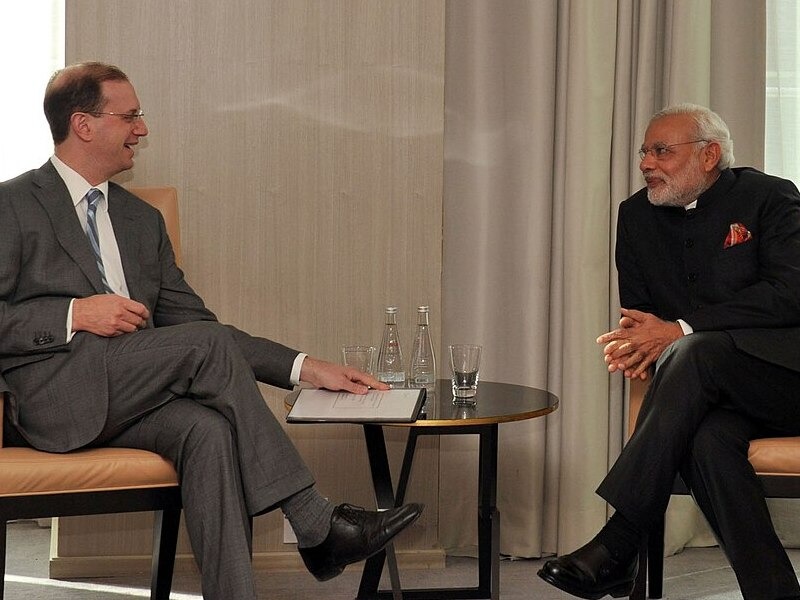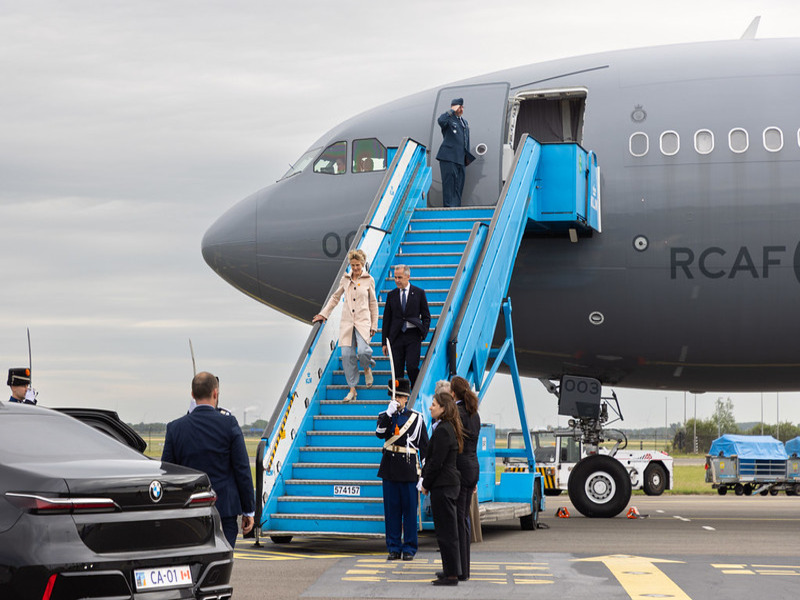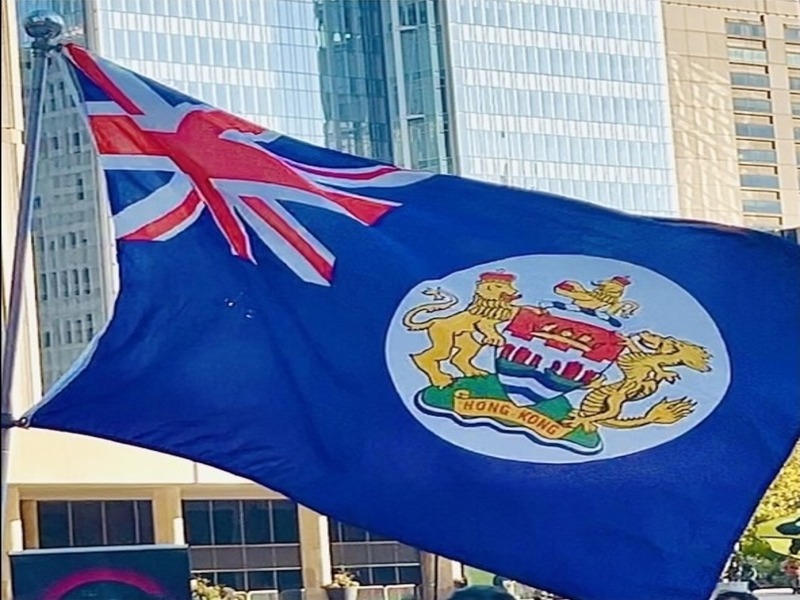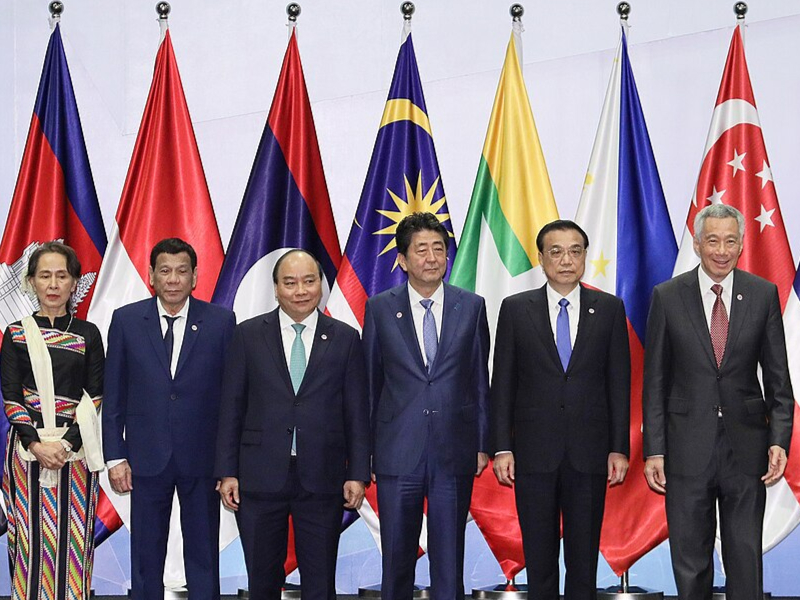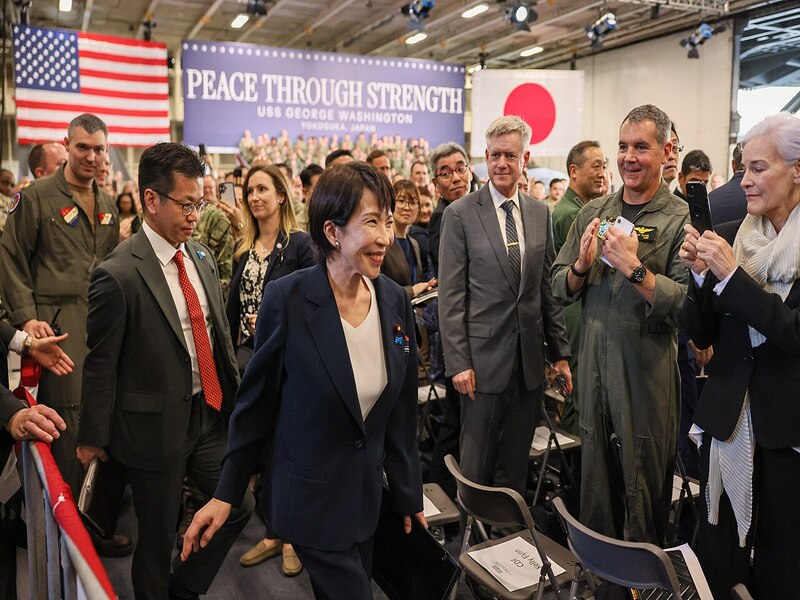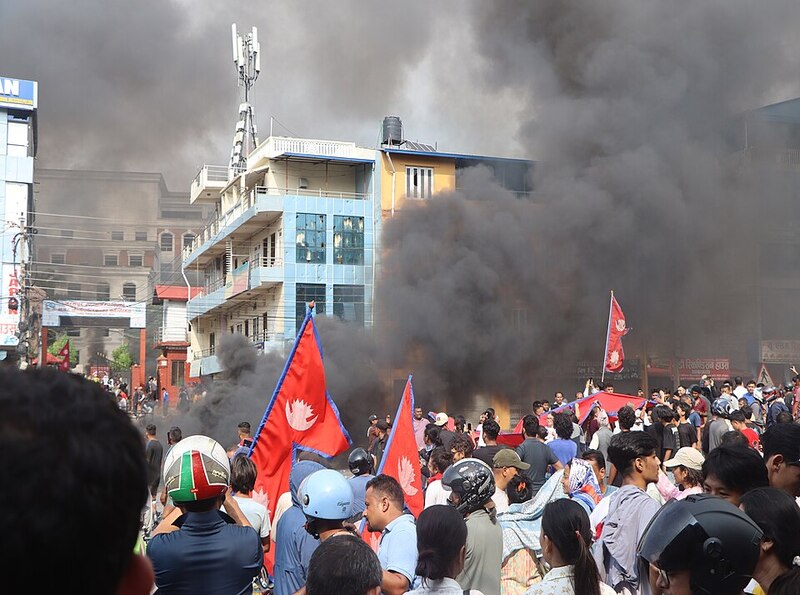What does Mark Carney’s decision to re-engage China signal about Canada’s strategic options in a more coercive global economy? Tasneem Gedi argues that Ottawa’s limited recalibration with Beijing reflects an unavoidable strategy of hedging amid U.S. unpredictability. While such engagement may expand Canada’s room for maneuver in an increasingly coercive global economy, it carries risks and thus must be pursued narrowly, conditionally and in close alignment with Canada’s alliance commitments.
Indo-Pacific and NATO
The Indo-Pacific is the geopolitical centre of the world and combines the Asia-Pacific and the Indian Ocean into a single region. As a strategic concept, the Indo-Pacific captures the interest of global powers like the U.S., China, India, Australia, Japan, and the UK, and tests NATO’s ability to adapt and maintain global peace in an inter-connected world. The program’s mandate is to provide Canadians with an analysis of security challenges in the region and to uncover the interplay of global powers, amidst emerging multipolarity in the region.
What’s at Stake for Canada in the Indo-Pacific?
At the World Economic Forum in Davos in 2026, Prime Minister Mark Carney expressly cited Canada’s pension system as a worldwide benchmark. He highlighted how the durability of these funds originates from disciplined diversification, patient capital, and the ability to absorb shocks that destabilize other institutions. Canada’s public pension schemes are frequently referred to as Read More…
Japan’s Military Revival and North Korea’s Escalation: NATO’s New Indo-Pacific Challenge
As North Korea’s military cooperation with Russia intensifies, security dynamics in the Indo-Pacific and Europe are increasingly intertwined. Nguyen Bao Han Tran analyzes how these developments have accelerated Japan’s defence transformation and prompted NATO to rethink its engagement with Indo-Pacific partners, highlighting the growing importance of transregional security coordination.
Rupture and Fury: Can Canada Build a ‘Counter-Power’ Model of Cooperation in a World Reordered?
What future is there for the ‘middle powers’ in a global order increasingly defined by unilateralism and revisionism? In this article, Joel Sawyer examines Canada’s role in building a new ‘counter-power’ network to define a new model of international cooperation
For Shame Upon the World: Lessons from the Crushing of Hong Kong
In June of 2025, Hong Kong Youth Activist Joshua Wong was brought in front of West Kowloon court to face more charges under China’s 2019 ‘National Security Law,’ which caused the 2020 protests so brutally repressed by the Chinese Communist Party. Accused of conspiring with fellow activist, and exile, Nathan Law to promote sanctions against China, Wong, Read More…
Coalitions of the Willing: Minilateralism and Maritime Security in the Indo-Pacific
Why is minilateralism viewed as the normative security model by states in the Indo-Pacific? What challenges can multilateralism face within the region, and how can minilateralism circumvent them? In this article, Karissa Cruz highlights why the postcolonial context from which much of the region emerged can create limits for NATO-style security cooperation, and why minilateralism has emerged as the primary framework.
The New Japan: Navigating Nationalist Politics and its Global Implications
Narayan Srivastava examines Japan’s sharp rightward turn and what it means for NATO and Indo-Pacific stability. As Japan’s long-standing political restraint gives way to nationalism and strategic assertiveness, Tokyo is reshaping regional deterrence, alliance politics, and debates over democracy and security. This article explores how a more polarized Japan strengthens collective defence while also introducing new risks of escalation in international security raising questions for NATO partners and Canada as they navigate an increasingly volatile Indo-Pacific order.
Democracy, Discontent, and the Digital Age: Lessons from Nepal for the World
Narayan Srivastava examines Nepal’s 2025 political upheaval as a warning signal for democracies worldwide.From a sweeping social-media ban to youth-led protests that brought down a government, Nepal reveals how digital connectivity, declining trust in institutions, and demographic pressures are reshaping political power. This article situates Nepal within a broader global pattern from South Asia to Europe where digitally mobilized citizens are challenging elite governance structures. The piece argues that these movements are less about ideology and more about systemic failure, offering critical lessons for democratic resilience, international security, and the future of governance in the digital age.
From Kyiv to Taipei: Why the Russian-Ukrainian War Matters in the Indo-Pacific
Alexander Morrow and Nataliia Dikalchuk explain why Ukraine’s fight matters far beyond Europe. The war is reframing deterrence in the Indo-Pacific, prompting Taiwan to prioritize self-reliant defence and pushing China to reassess Western unity. Their analysis highlights how democratic resilience in one region shapes security calculations in another.
The Philippines at a Crossroads: Domestic Politics and NATO’s Indo-Pacific Challenges
What implications does domestic Philippine politics pose for foreign policy for NATO members? In this article, Karissa Cruz highlights the broader implications posed by the Duterte-Marcos feud over foreign policy direction, what it means for NATO, and how members should perceive these tensions amidst the heightened aggression by China.

